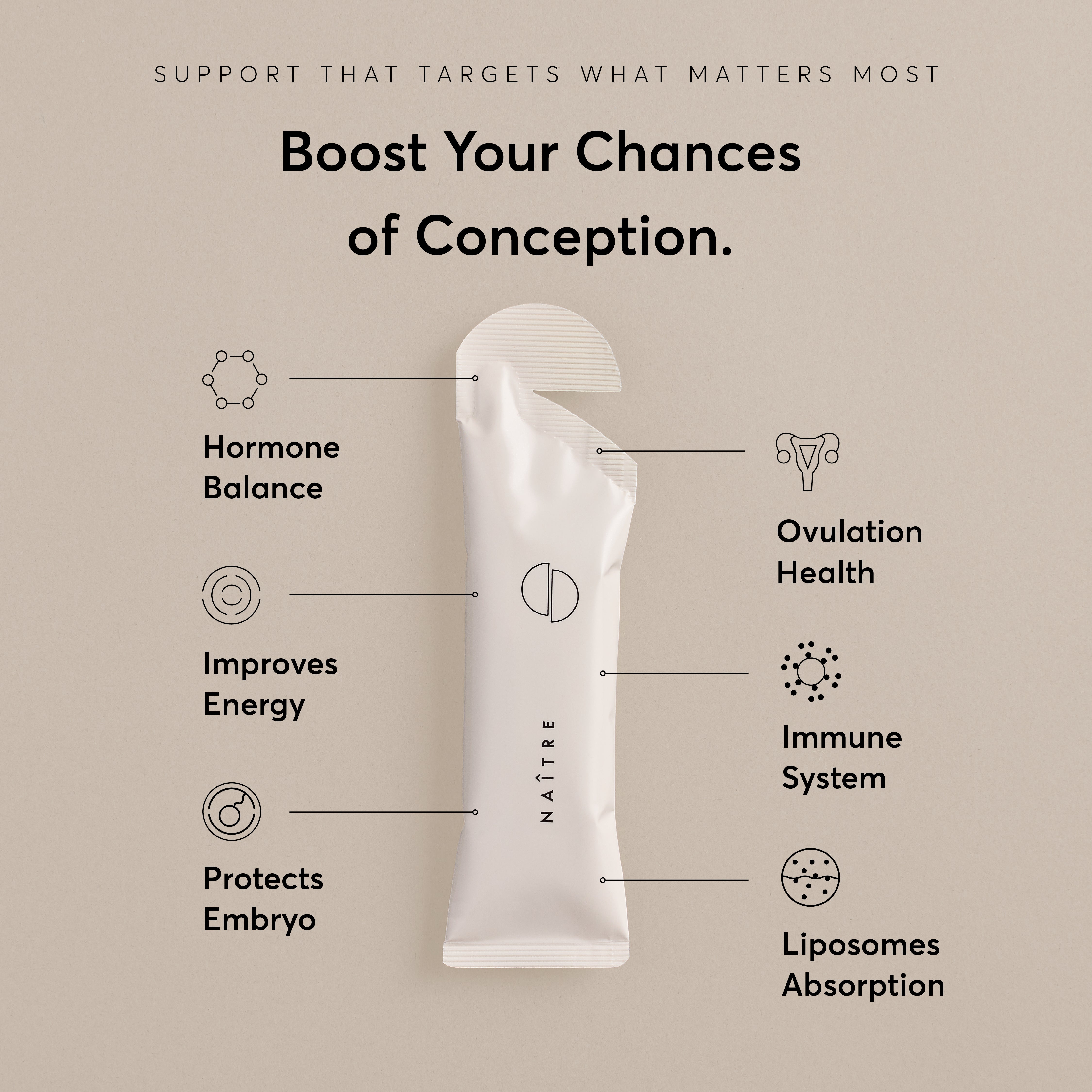
Our metabolic health is crucial for fertility, and our declining fertility rate is running parallel to our metabolic health crisis.
Although I haven't got any data to prove it, I imagine my mum had insulin resistance during that pregnancy. She later had rising blood sugar, creeping cholesterol levels, leading to diabetes and ultimately passing away prematurely from ill health directly associated with metabolic dysfunction.
There were no practitioners to make the links between my mum’s various symptoms and extra-large babies? No one to educate and empower her to understand the potential root cause and what to do about it? Instead an endless list of prescriptions and without advised changes to her diet or lifestyle. But that was the 80s.
Disrupting Factors of Modern Life
One of the main reasons our ability to reproduce is under siege is because of our metabolism – the engine that powers life – is being attacked.
Risk of Miscarriage
Cases of miscarriage have gone up 10 percent over the past decade (increasing at about 1% per year). Studies show metabolic dysfunction is associated with placental dysfunction and contributes to this increased rate. But since metabolic dysfunction can compromise sperm DNA integrity, metabolic health matters well before conception. In one study that compared semen characteristics of men undergoing assisted reproduction, those with diabetes had higher miscarriage rates than those without the condition.
Our metabolic health is crucial for fertility, and our declining fertility rate is running parallel to our metabolic health crisis.
More work needs to be done to promote metabolically healthy bodies, which can be achieved by making everyday lifestyle choices around diet, sleep, anxiety and stress management and exercise. It also involves our micronutrient levels and even our exposure to sunlight which is being affected by so many people currently working from home and not spending as much time outside compared to pre-pandemic levels.
The Link with Environmental Toxins
Environmental toxins also show a clear link between metabolic dysfunction, hormone disorders and infertility. At Naître we have been discussing these a lot with their link to the accelerating decline in sperm counts but it’s also worth stressing the impact they are also having on Female infertility. These toxins are largely unregulated industrial chemicals in everything from our mattresses to our plastic bottles to our deodorant—which can directly hurt our metabolic processes and our reproductive organs.
4 things you can do today to support metabolic health:
- Eat more unprocessed, organic, non-starchy foods, like fruits, vegetables, nuts, seeds, beans, legumes, spices, and thoughtfully sourced animal products.
- Switch to nontoxic home and personal care products.
- Minimize high fructose corn syrup (which sneaks into a lot of food) and added sugar from your drinks and foods.
- Walk for a few minutes after you eat a meal or snack. Not only is his good for stabilising blood sugar but also topping up Vitamin D
When it comes to the micronutrient level, there’s 4 key vitamins that support metabolically healthy bodies:
B Vitamins
- B-12
- biotin
- folate
- B-6
- pantothenic acid or B-5
- niacin or B-3
- riboflavin or B-2
- thiamine or B-1
Deficiency in one of the B vitamins can affect other B vitamins, which can disrupt your metabolism.
Vitamin D
Researchers are currently unsure about whether low vitamin D contributes to obesity or vice versa. Diet, blood sugar control, and time spent outdoors may all play a role in a person’s weight.
Calcium
Some research from 2010 suggests that higher calcium intake combined with vitamin D can assist diet-related weight loss.
An older study in 2007 found that a diet high in dairy calcium enhanced weight loss in people with type 2 diabetes.
However, more recent research is needed to determine whether this is an effective strategy for improving fertility through improved metabolic function but it seems a natural place to start.
While calcium supplements are available, it is best for people to get enough calcium from food sources first.










